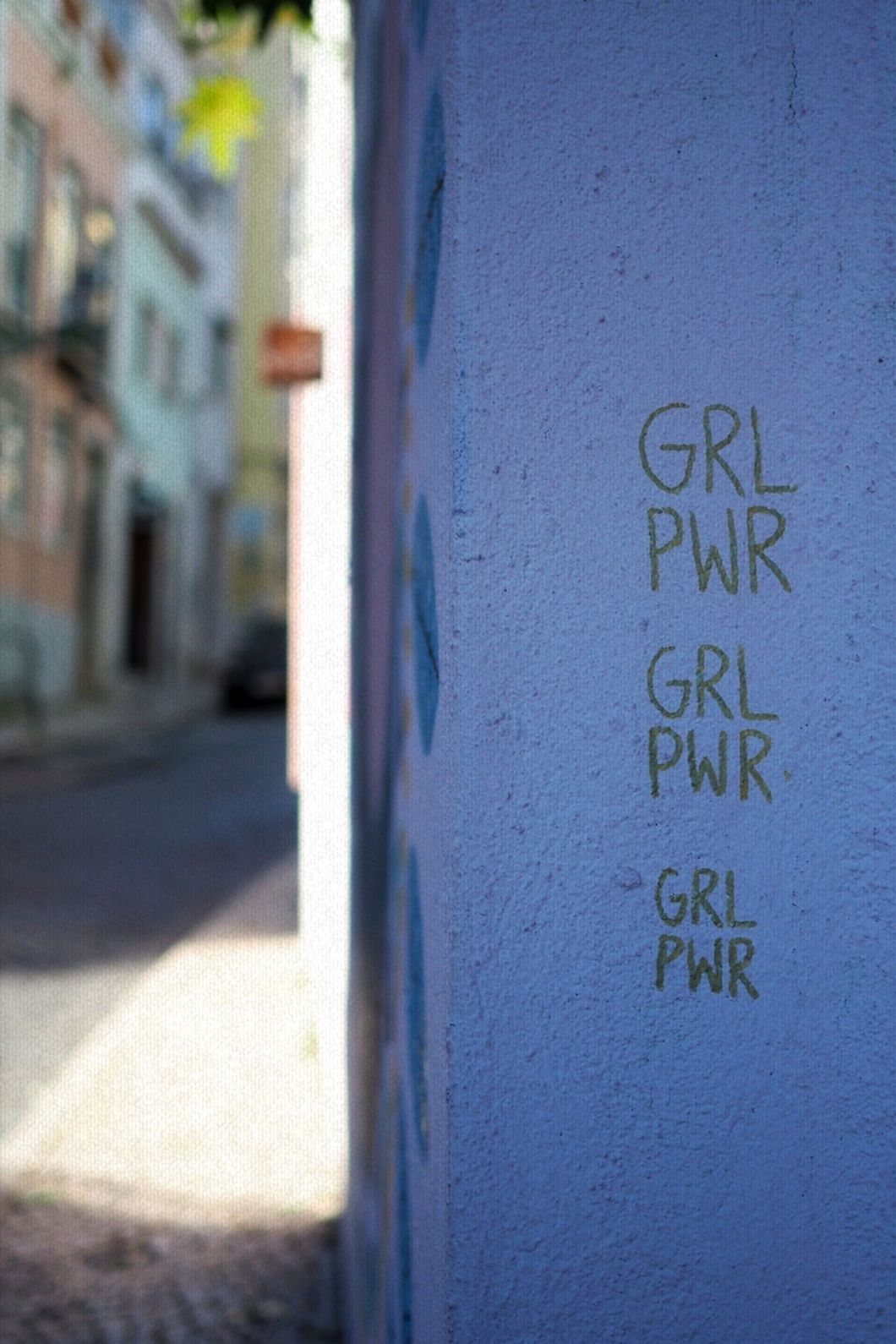I recently read an article entitled: "Repeat After Me: Nobody Cares That You're Not A Feminist."
This article, opening up with the words: "really, no one," continues to speak of the controversiality of feminism amongst not only men, but women as well.
"And though in theory, it shouldn't be, feminism is controversial with women, too. These are the same people that think privilege is a dirty word. Or that acknowledging any sort of inequality somehow makes you sensitive or weak, synonymous with a "liberal."
The unwillingness to educate oneself about intersectional feminism and the disdain for those who have is often boasted about as it's some kind of personality trait. You don't have to be an activist or a feminist by any means but hating on women who are true doesn't do a thing besides revealing your internalized misogyny. The worst part is that many of the critiques from women who claim feminism is useless are based on misconceptions of what modern-day feminism really is. You see a photo of a woman protesting with her breasts out and assume that that's all that feminists do."
So why, "in theory," should feminism not be controversial amongst women?
Is this possibly because there is little that is more sexist than the modern day feminist movement itself— a movement which expects all women to believe the so-called "majority rule" of women, simply because they're women?
Intersectional feminism, which I am apparently uneducated on, is a term used to describe "how different factors of discrimination can meet at an intersection and can affect someone's life."
It seems that in order to notbe a feminist, not only must you be uneducated on feminism in general, but unwilling to be educated.
Please tell me how this in itself does not imply the blatant sexism of radical feminists against women; literally implying that in order to be a woman who does not identify as a feminist, you must not understand what feminism is, because if you did, you'd be expected to support it's entirety. Because you're a woman.
As self-proclaimed “encouragers” of women to be "free-thinkers," free-thinking is not so well received. Especially when that free-thinking tends to draw logical conclusions that challenge the feminist movement.
Continuing on, the article reads:
Another claim against feminism that's rampant is the idea that just because one woman feels she doesn't "need" it, then neither does anybody else. Not only is this entirely egocentric but it is also ridden with privilege. Just because you and I aren't living in fear of things like a drastic difference in your pay or even worse - honor killings or female genital mutilation - does not mean that other people aren't. We have the ability to use our privilege to raise awareness for these issues. You may not want to but it's completely backward to hate on people who do.
This might be shocking, but even if you are not a modern-day feminist, that doesn't mean you support the genital mutilation of women in other countries.
For starters, there are several waves of feminism.
The first wave of feminism took place in the late nineteenth and early twentieth centuries, coming from an environment of industrialism and liberal/socialist politics. The goal of this wave was to open up more opportunities for women, with a focus on suffrage.
The second wave began in the 1960s and continued into the 90s. This wave unfolded during the anti-war and civil rights movements. The New Left was on the rise, and the voice of the second wave proved to be largely radical. In this phase, sexuality and reproductive rights were dominant issues, and efforts to pass the Equal Rights Amendment to the Constitution and the guaranteeing of social equality were the issues at the forefront.
The third wave of feminism began in the mid-90's and was constructed by post-colonial/modern thinking. In this phase, many ideals were destabilized, including the notions of "universal womanhood," body, gender, sexuality and "heteronormativity."
Arguably, we are currently in the fourth wave of feminism, but this wave is undefined, and un-agreed upon as an official leg in the movement..
The reason that possessing the understating needed in order to identify the differences in these waves is important: not all feminism is collective.
Though, the idea that it is collective, is one radical feminists enjoy trying to cram down your throat.
You could easily identify with first wave feminism, supporting the fact that women should vote and own land in America, and still not be a part of the modern-day feminist movement.
You could not even remotely identify as a part of the modern-day feminist movement and still love women, support them, and not want them to be property.
Feminism as a whole is not universal in relation to the movement, despite arguments that it is.
Not being a modern day feminist does not make you a misogynist, despite arguments that it does.
Though, it is important to remember that despite this, it is apparent that none of this matters; feminists don't care to hear the opinions of women who aren't feminists.
Because even though "all women deserve to be heard," it's been made obvious that youdon't.
I mean, sure, feminists fight for women— or rather, women who are also feminists.
And if you don't consider yourself a feminist, just remember that no one cares.
Really, no one.






 The minimum wage is not a living wage.
StableDiffusion
The minimum wage is not a living wage.
StableDiffusion
 influential nations
StableDiffusion
influential nations
StableDiffusion












